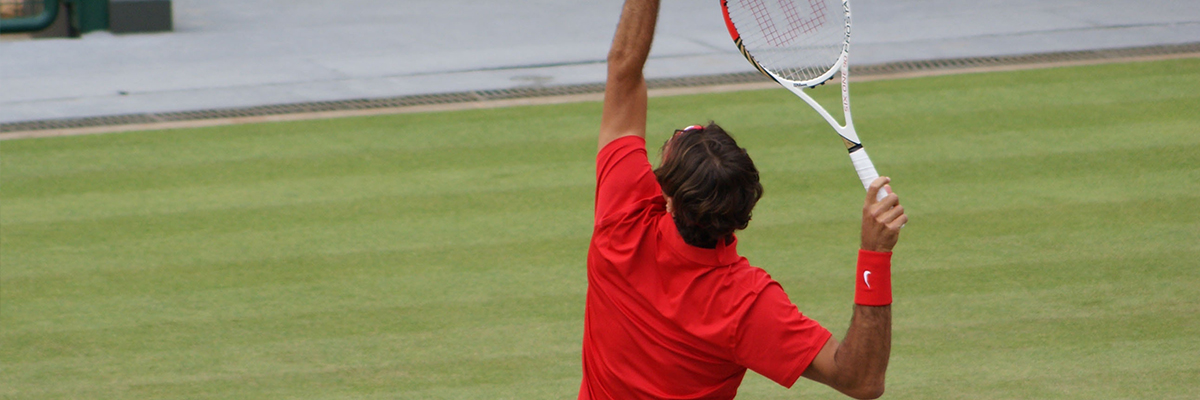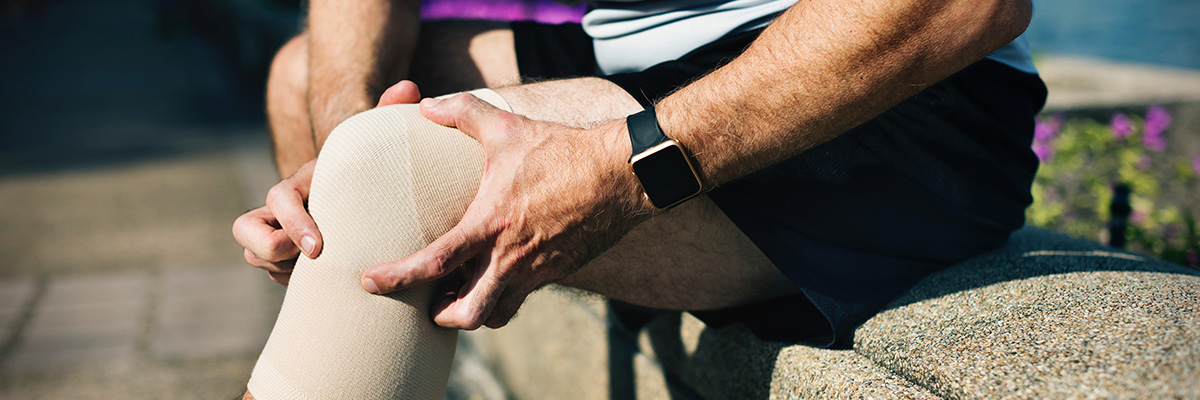Shorter Storage Time Is Strongly Associated With Improved Graft Survivorship at 5 Years After Osteochondral Allograft Transplantation
The generally accepted expiration time of Fresh OCA's is 28 days in storage, a limited window from 14 to 28 days remains for implantation. OCA transplantation is a safe and successful treatment option for large osteochondral defects of the knee,
Read moreLong-term Outcomes and Survivorship of Fresh-Frozen Meniscal Allograft Transplant With Soft Tissue Fixation: Minimum 10-Year Follow-up Study
Meniscal allograft transplant (MAT) is considered an effective procedure for reducing pain and improving knee function.
Read moreFresh Precut Osteochondral Allograft Core Transplantation for the Treatment of Capitellum Osteochondritis Dissecans
OCA offers a number of advantages that make it ideal for large, uncontained defects, such as for treating capitellar OCD.
Read moreOsteochondral Allograft Transplantation for Osteochondral Lesions of the Talus: Midterm Follow-up
Fresh OCA transplantation represents an alternative treatment option for larger osteochondral lesions of the talus with results showing that this procedure was a reasonable treatment option for large OLT.
Read moreMidterm Results of Osteochondral Allograft Transplantation to the Humeral Head
OCA transplantation is a viable option for young patients with isolated humeral chondral injury. Read more
Editorial Commentary: Comparing Medial and Lateral Meniscal Root Tears Is Like Comparing Apples and Oranges
This paper shows that comparing medial and lateral meniscal root outcomes, surgeons are clearly comparing apples and oranges or, maybe better stated, comparing young athletes and older sedentary patients.
Read moreHumeral Head Osteochondral Allograft Reconstruction with Arthroscopic Anterior Shoulder Stabilization at a Long-Term Follow-Up
Humeral head osteochondral allograft reconstruction combined with an arthroscopic anterior stabilization procedure can be successful for recurrent shoulder instability and engaging Hill-Sachs lesion.
Read moreFailures of Realignment Osteotomy
Osteoarthritis (OA) of the knee is a disabling condition in young active patients. Although the etiology of knee OA is multifactorial, increased mechanical load as a result of limb malalignment has been clearly identified as a risk factor for the occurrence and progression of disease.
Read moreFailure of Meniscus Allograft Transplantation
In select patients with an initial functional improvement following MAT prior to subsequent failure, RMAT may be indicated to alleviate pain and perhaps delay progression of osteoarthritis.
Read moreOsteochondral Grafts Failures
The preoperative plan for revision cases must always include an assessment of the mechanism of failure. It is usually determined by history and symptoms, physical examination, imaging (prior and post index procedure) and intraoperative findings during the index procedure (operation notes).
Read moreCartilage Surface Treatment: Factors Affecting Success and Failure Mechanisms
The key to success in the long term is admitting and recognizing the failures, identifying the root causes and then modifying revision treatment strategies to optimize outcomes.
Read moreArticular Comorbidities in Revision Cartilage Surgery: Meniscal Allograft Transplantation and Realignment
Substantial evidence suggests that joint biomechanics can be optimized through the judicious use of realignment osteotomy or MAT, and creating an ideal environment is essential for effective and durable cartilage surgery.
Read moreDefining Failure After Cartilage Preservation Surgery: Are We Expecting Too Much
Failure has traditionally been defined in absolute terms but it does not take into account the patients’ expectations nor the fact it can delay arthroscopy.
Read moreReturn to Work Following High Tibial Osteotomy With Concomitant Osteochondral Allograft Transplantation
In patients with focal chondral deficiency and varus deformity, HTO þ OCA provides a high rate of RTW (96.2%) by 3.5 2.9 months postoperatively. However, patients with greater-intensity occupations may take longer to return to work than those with less physically demanding occupations.
Read moreAn Expert Consensus Statement on the Management of Large Chondral and Osteochondral Defects in the Patellofemoral Joint
This study established a strong expert consensus document relating to the functional anatomy, surgical indications, donor graft considerations for osteochondral allografts, surgical technical aspects, and rehabilitation concepts for the management of large chondral and osteochondral defects in the patellofemoral joint.
Read moreOsteochondral Allograft Implantation Using the Smith–Peterson Approach for Chondral Lesions (Femoral Head)
This paper presents a technique using a Smith–Peterson approach and osteochondral implantation of fresh femoral head allograft for surgical treatment of a femoral head chondral lesion.
Read moreOutcomes After Anatomic Lateral Ankle Ligament Reconstruction Using Allograft Tendon for Chronic Ankle Instability
Anatomic lateral ankle ligament reconstruction procedure (using allografts) results in significant improvements in patient function and outcome scores, with low rates of recurrent instability.
Read moreMeniscal Allograft Transplantation: Indications, Techniques, Outcomes
Meniscal allograft transplantation (MAT) has become an acceptable surgical treatment for select symptomatic and relatively young patients with a meniscal deficiency.
Read moreArthroscopic Microfracture for Osteochondral Lesions of the Talus
Second-look arthroscopic results revealed that 36% of lesions were incompletely healed and had inferior quality of repair tissue compared with that of native cartilage at a mean of 3.6 years, although arthroscopic microfracture provided functional improvements.
Read moreContralateral Lateral Femoral Condyle Allografts Provide an Acceptable Surface Match for OCD Lesions
To determine if contralateral grafts could be used for OCD lesions up to 20mm. This research contributes to the growing body of knowledge that using a lateral femoral condyle is an acceptable option.
Read more Download PDF




